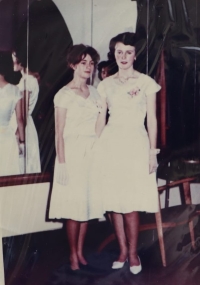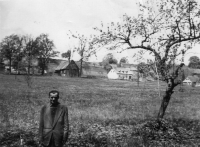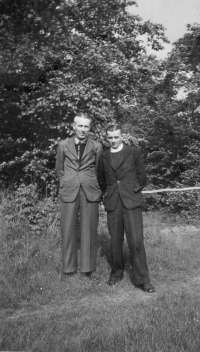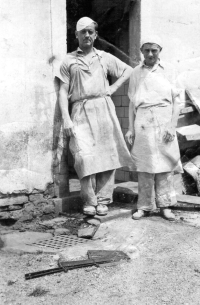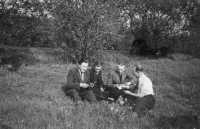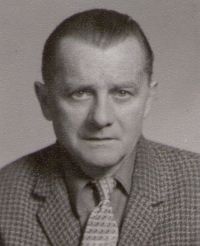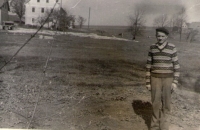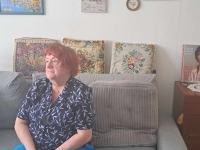On the twenty-first of August, a tank crashed into our house. It was just in the blink of an eye
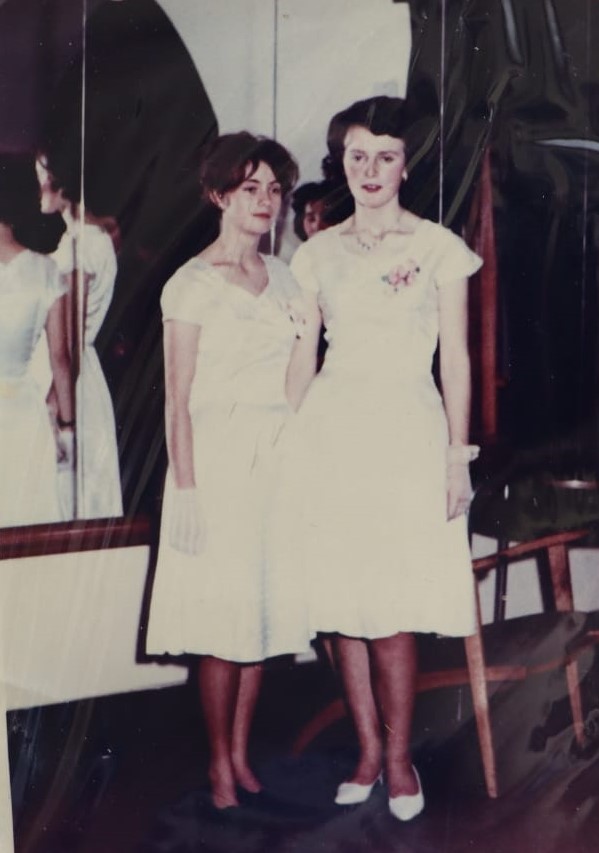
Stáhnout obrázek
Helena Šeflová, née Bílková, was born on 11 November 1949 in Horní Řasnice (Bärnsdorf an der Tafelfichte). Her father, František Bílek, was active in the resistance against the Germans, and later was imprisoned by the Nazis and worked in forced labour in Bitterfeld, Germany. After the war, he returned to Czechoslovakia, joined the Communist Party and set up a business in an abandoned bakery left by Sudeten Germans in Horní Řasnice. The communists closed it down in the early 1950s. At that time, František Bílek was no longer in the party, he left it after a series of staged trials. During the 1960s, the Bílek family met the Elsner family, who were evicted from their house after the war. On 21 August 1968, a Warsaw Pact tank crashed into the family home. No one was hurt, but the house was irreparably damaged. In the summer of 1971, Helena Šeflová‘s family moved to a house in Nové Město pod Smrkem. Helena Šeflová married and had a daughter. She lived through the year 1989 with her father and daughter as a single mother in Nové Město pod Smrkem. In 2024 she was living in Třemošná near Plzeň.

